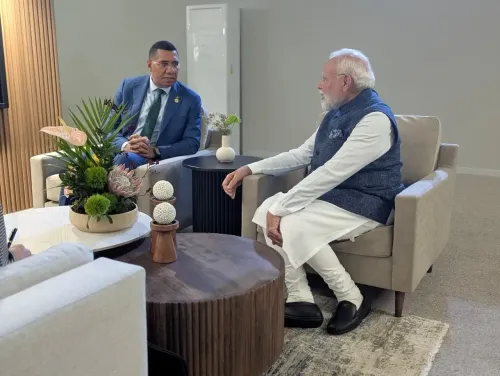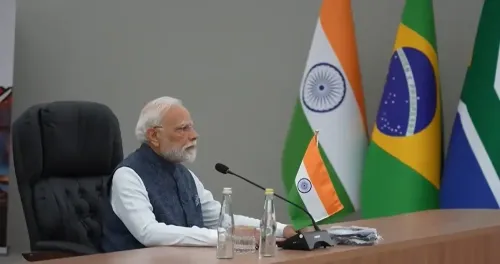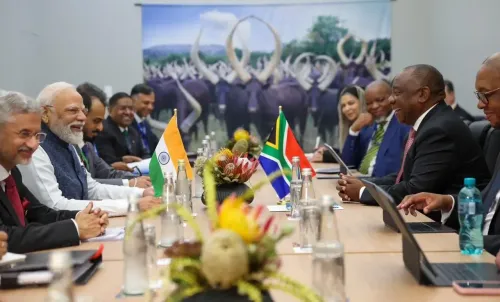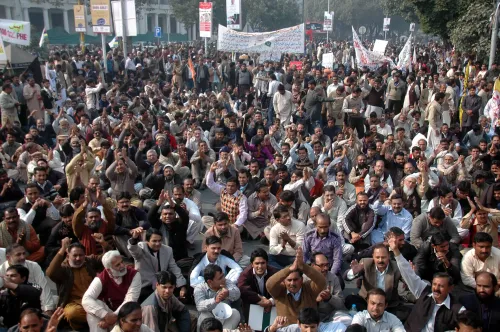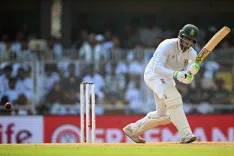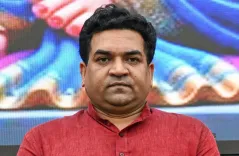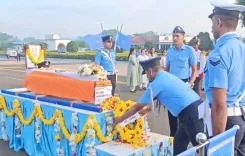Will Chinese Foreign Minister Wang Yi's Visit to India Foster Better Relations?

Synopsis
Key Takeaways
- Wang Yi's visit is crucial for India-China relations.
- Discussions will focus on border stability and trade.
- Meeting with PM Modi is significant for future diplomacy.
- Both nations aim to enhance confidence-building measures.
- Resumption of flight services is under discussion.
New Delhi, Aug 18 (NationPress) Wang Yi, the Chinese Foreign Minister, is set to commence a pivotal two-day visit to India today. During this visit, he is scheduled to engage in significant bilateral discussions with External Affairs Minister (EAM) S. Jaishankar.
This visit carries added importance amid escalating tensions in India-US relations, particularly following President Trump imposing a 50 percent tariff on Indian goods and an additional 25 percent penalty for imports of Russian oil.
India and China are anticipated to explore new confidence-building measures aimed at ensuring lasting peace and stability along their disputed border, coinciding with Prime Minister Modi's upcoming trip to China later this month.
The visit of the Chinese Foreign Minister is largely viewed as a crucial step towards mending relations that were severely tested after the violent clashes in the Galwan Valley in 2020.
Wang Yi's agenda includes holding a new round of Special Representatives (SR) dialogue regarding boundary issues with National Security Advisor Ajit Doval, who is also designated as a special representative for these discussions.
The Chinese Minister is expected to arrive in New Delhi around 4:15 p.m. today, followed by a meeting with EAM Jaishankar at 6 p.m. for bilateral talks.
On Tuesday morning, Wang Yi will hold another round of SR dialogue with NSA Doval at 11 a.m., where both sides may address various pressing matters such as border conditions, trade relations, and the resumption of flight services.
Subsequently, Wang will meet with Prime Minister Modi at his residence, 7 Lok Kalyan Marg, at 5:30 p.m. on Tuesday. This meeting is particularly significant as it precedes PM Modi's planned attendance at the annual Shanghai Cooperation Organisation (SCO) summit in China.
Despite disengagement of troops from certain friction points, both nations have yet to fully de-escalate the situation, maintaining approximately 50,000 to 60,000 troops along the Line of Actual Control (LAC) in the eastern Ladakh region.
Prime Minister Modi is scheduled to visit Japan around August 29 before heading to Tianjin for the SCO summit.
NSA Doval previously traveled to China in December, engaging in SR talks with Wang Yi shortly after discussions between Prime Minister Modi and Chinese President Xi Jinping aimed at revitalizing dialogue mechanisms.
The military standoff in eastern Ladakh originated in May 2020, following the clashes in Galwan Valley in June that year, which severely impacted bilateral ties.
A decision to rekindle dialogue mechanisms was made during the Modi-Xi meeting in Kazan on October 23, 2024.
Efforts to restore ties include the resumption of the Kailash Mansarovar Yatra and the reinstatement of tourist visa issuance to Chinese citizens.
Both nations are also working out details for the resumption of direct flight services halted due to the Covid-19 pandemic in 2020 and the subsequent border dispute.
Recent months have seen Defence Minister Rajnath Singh and EAM Jaishankar visiting China for SCO meetings.

